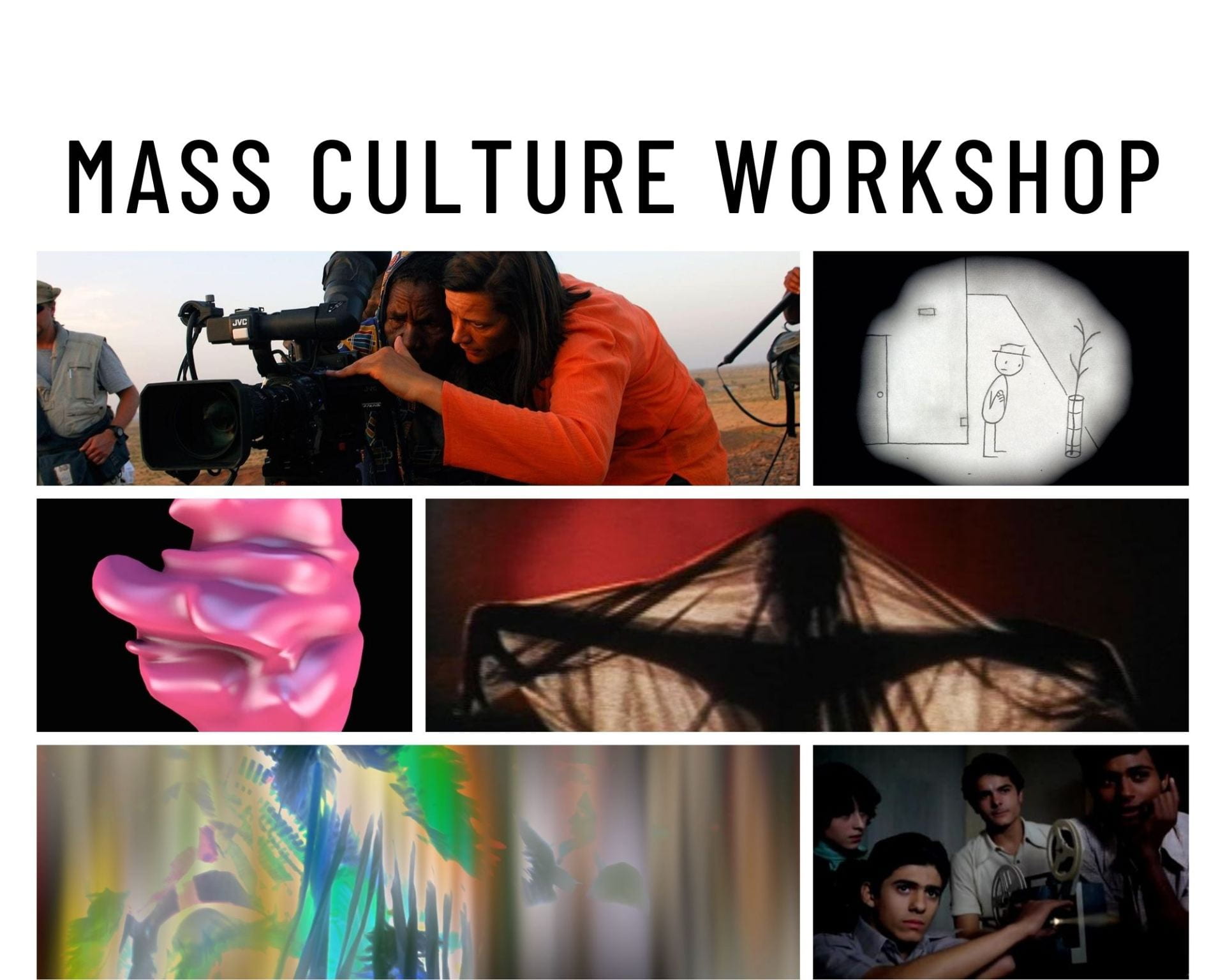Please join us on Friday, May 12th at 10:30AM in Cobb 311 for the third Spring Quarter meeting of the Mass Culture Workshop. This week we welcome Jordan Schonig, PhD Candidate in the Department of Cinema and Media Studies. Jordan will be presenting the introduction to his dissertation on cinematic motion and film theory, titled “Cinema’s Motion Forms.”
Jordan’s paper is available for download here.
Please email either Katerina Korola [katerinakorola@uchicago.edu] or Dave Burnham [burnham@uchicago.edu] for the password.
Refreshments will be provided.
We look forward to seeing you at the workshop!
Your coordinators,
Katerina Korola and Dave Burnham
Cinema’s Motion Forms challenges the common assumption that the photographic moving image automatically reproduces the natural perception of motion. This assumption undergirds many basic ideas throughout film theory, from claims about the inherent realism of the cinematic image to analogies between the moving camera and human locomotion. Against this, I argue that the movement of the image produces its own logics of experience, which become manifest in particular structures of movement unique to the inscription of motion. By describing and analyzing these structures, what I call cinema’s motion forms, I am able not only to better understand the aesthetic possibilities of cinematic motion but also to rework central debates in film theory. Each chapter shows how a film theoretical assumption depends on a restricted understanding of cinematic motion, and how paying attention to a particular form of motion can produce new theoretical models.
Jordan Schonig is a sixth-year PhD candidate in Cinema and Media Studies at the University of Chicago. His dissertation, Cinema’s Motion Forms: Inscribed Motion and the Problems of Film Theory, rethinks central debates in film theory by examining the phenomenology of cinematic motion. He is broadly interested in the intersections between philosophical aesthetics and film theory, phenomenological approaches to film studies, and genealogies of modernism in film and the other arts.
